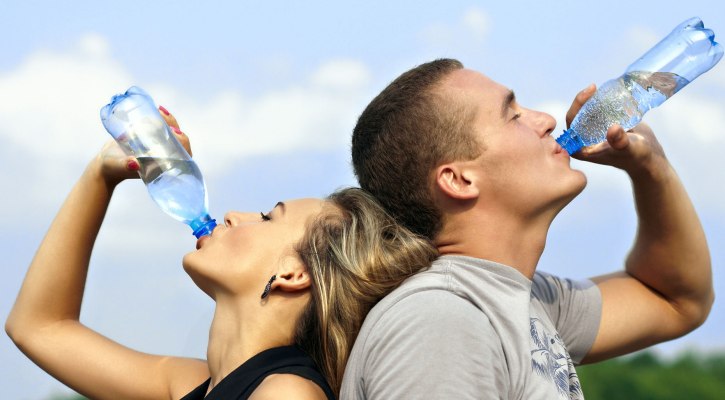
Diets don’t work. They just don’t. You lose weight, and you put it back on again after a few months. Sometimes you even gain more than you lost.
The ‘diet game’ leads to frustration, depression, starvation and deprivation. It begins to dominate our lives and social conversations. At almost every party, people talk about weight, health or envy someone who has lost weight, causing feeling of insecurity and low self- esteem. It’s a vicious cycle that sucks you into the whole ‘diet game’.
Too many people measure their worth with the wrong scale. Your weighing scale does not determine who you are.
Now sit back, relax and think about this. If it took you a year, or maybe two, or even three years to gain extra fat, weight, belly fat, cellulite, etc., is it really possible to find a plan that makes you lose all of that in 3-6 months? It’s not possible. The science of the human body defies that.
If you have a weight problem, the first thing you need to do is think about all the things/ behavior etc. you have been engaged in over the last few months, years, that has got you in the shape that you are currently in. Write down the following – the extra coffees, desserts, reduction in your workout days, increased meal portions, increased number of outside meals, holidays, etc.
Write it down. Your solution will be staring right back at you in the face- REDUCE!!! CUT BACK!! ADD!!!
Don’t always blame it on your age, hormones or genes. First, study your LIFESTYLE and how it has changed over the last few months or years.
You don’t need professional help to figure that out.
And then….start making lifestyle changes, but one at a time. The most fantastic research I have been exposed to over the last few weeks is the fact that even if the unhealthiest person makes as little as one lifestyle change in a month, and keeps it consistent, he or she will begin to make a positive impact on weight or health.
Just one lifestyle change.
It could work miracles – –
- Increasing your water intake
- Reducing meal sizes
- Reducing sugar
- Cutting back on outside meals
- Exercising more
- Stopping smoking
- Drinking alcohol in moderation
- Increase intake of fruits and vegetables
- Get a GOQii coaching subscription to help you make goals and impact lifestyle
- Sleeping 7 hours
- Meditating
- Stretching more
- Practicing gratitude and kindness
- Manage stress effectively
- Keeping your dinners light
The list can go on and on. Select something and start working on it.
The truth is that burning fat is multi-factorial. You need to do more, much more than a ‘diet’ to reach your goal. You need to feel good about yourself.
You need to stop following fad plans that you read about blindly. It must make sense to you if you are doing it. Never do something that does not make sense to you or that you don’t understand how it will work for you.
Fat burn = Lifestyle change = Need time and patience if you want the real thing. (There are no shortcuts)
Know your goal, understand why you really really want to achieve it, and then be patient, consistent, and positive.
If you need help getting started, look for resources that provide support and guidance.
Remember, achieving lasting health isn’t about quick fixes or temporary diets; it’s about making sustainable lifestyle changes. Start small, stay consistent, and celebrate every step towards a healthier you. For personalized guidance and support on your wellness journey, subscribe to GOQii’s Personalised Health Coaching here. Start living, and stop dieting.
#BeTheForce

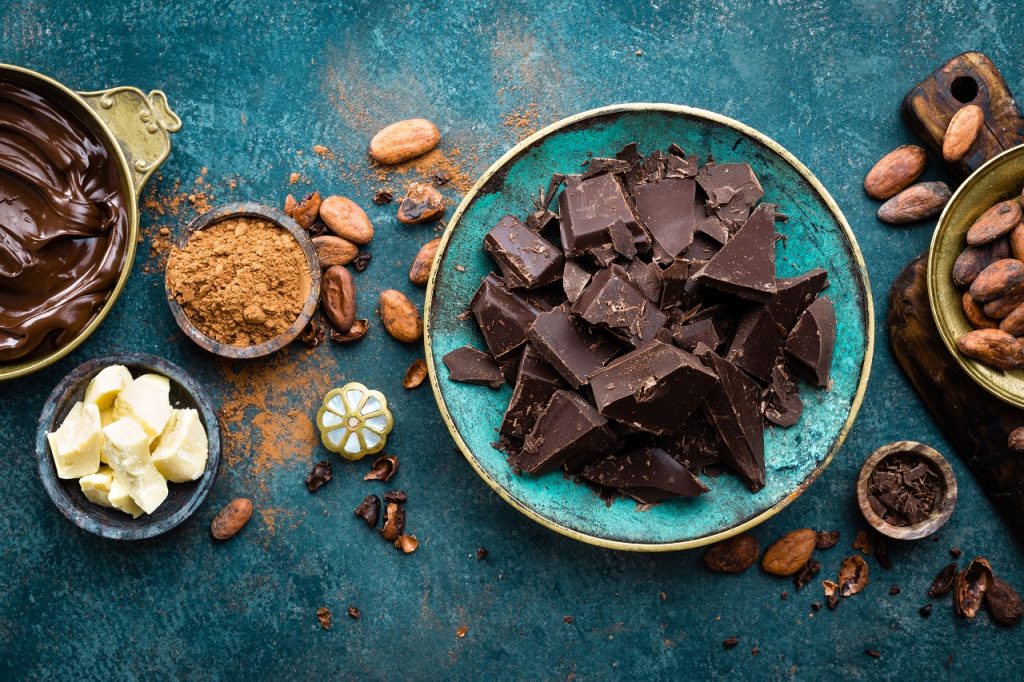 These are made with varying proportions of chocolate liquor, cocoa solids, cocoa butter, milk and sugar. Cocoa is a source of flavonoids and alkaloids such as theobromine, phenethylamine and caffeine. These acts as stimulants to the central nervous system.
These are made with varying proportions of chocolate liquor, cocoa solids, cocoa butter, milk and sugar. Cocoa is a source of flavonoids and alkaloids such as theobromine, phenethylamine and caffeine. These acts as stimulants to the central nervous system.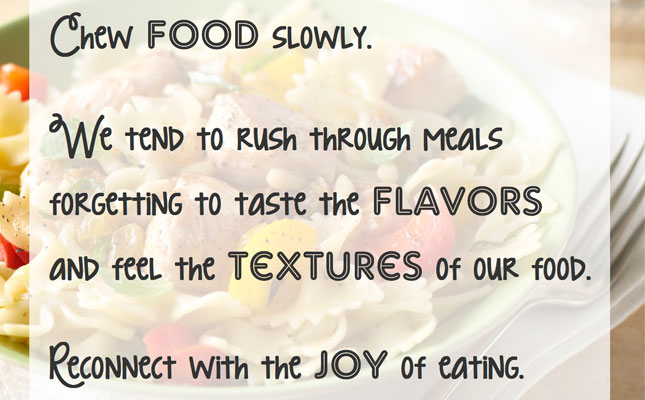
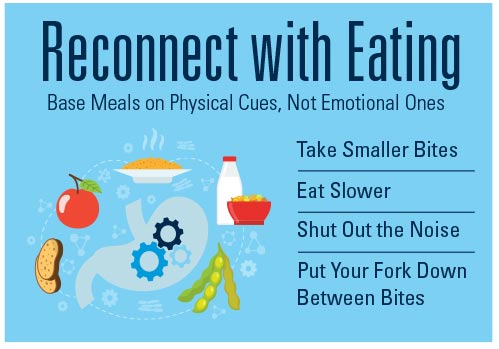
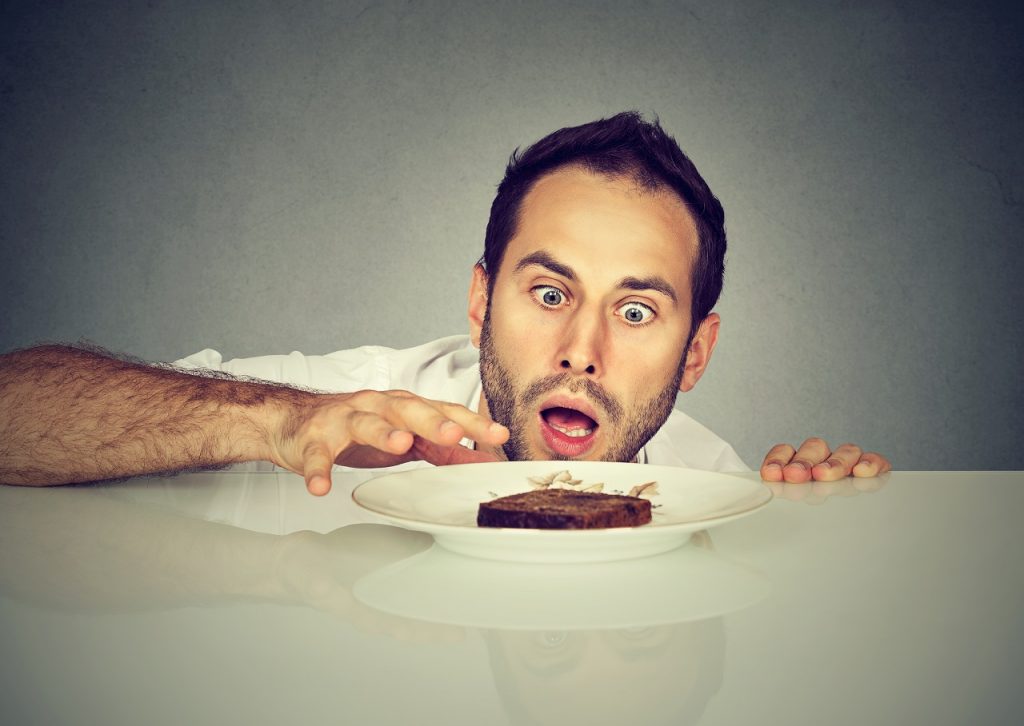 For many of us, our lifestyle has become sedentary, leading to increased mental and emotional stress which often results in
For many of us, our lifestyle has become sedentary, leading to increased mental and emotional stress which often results in 


